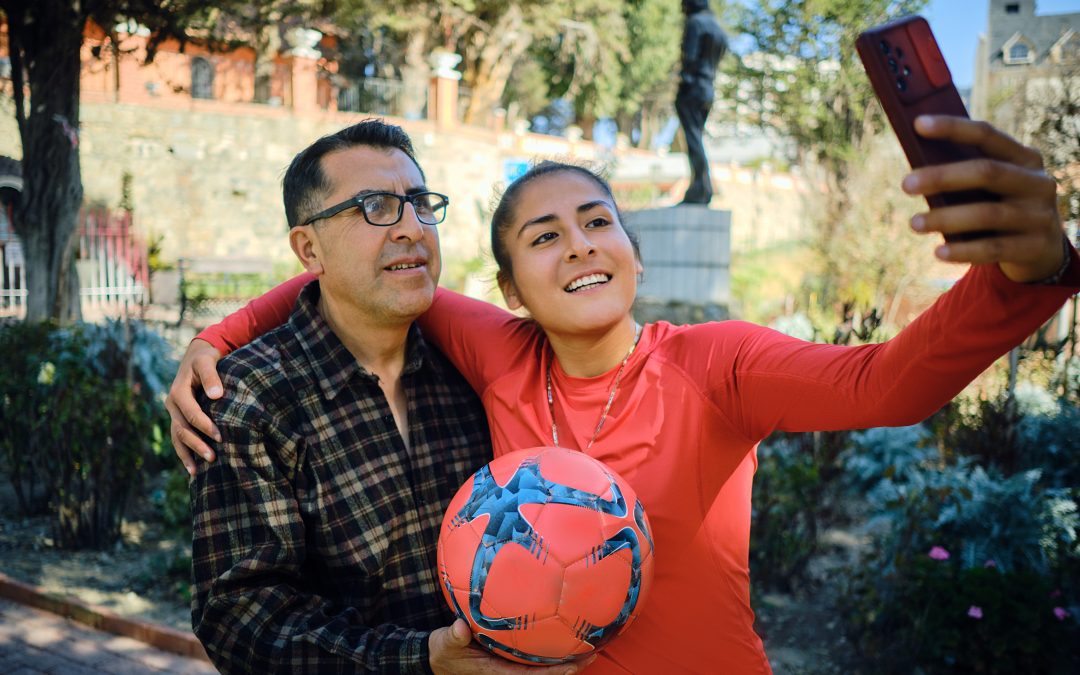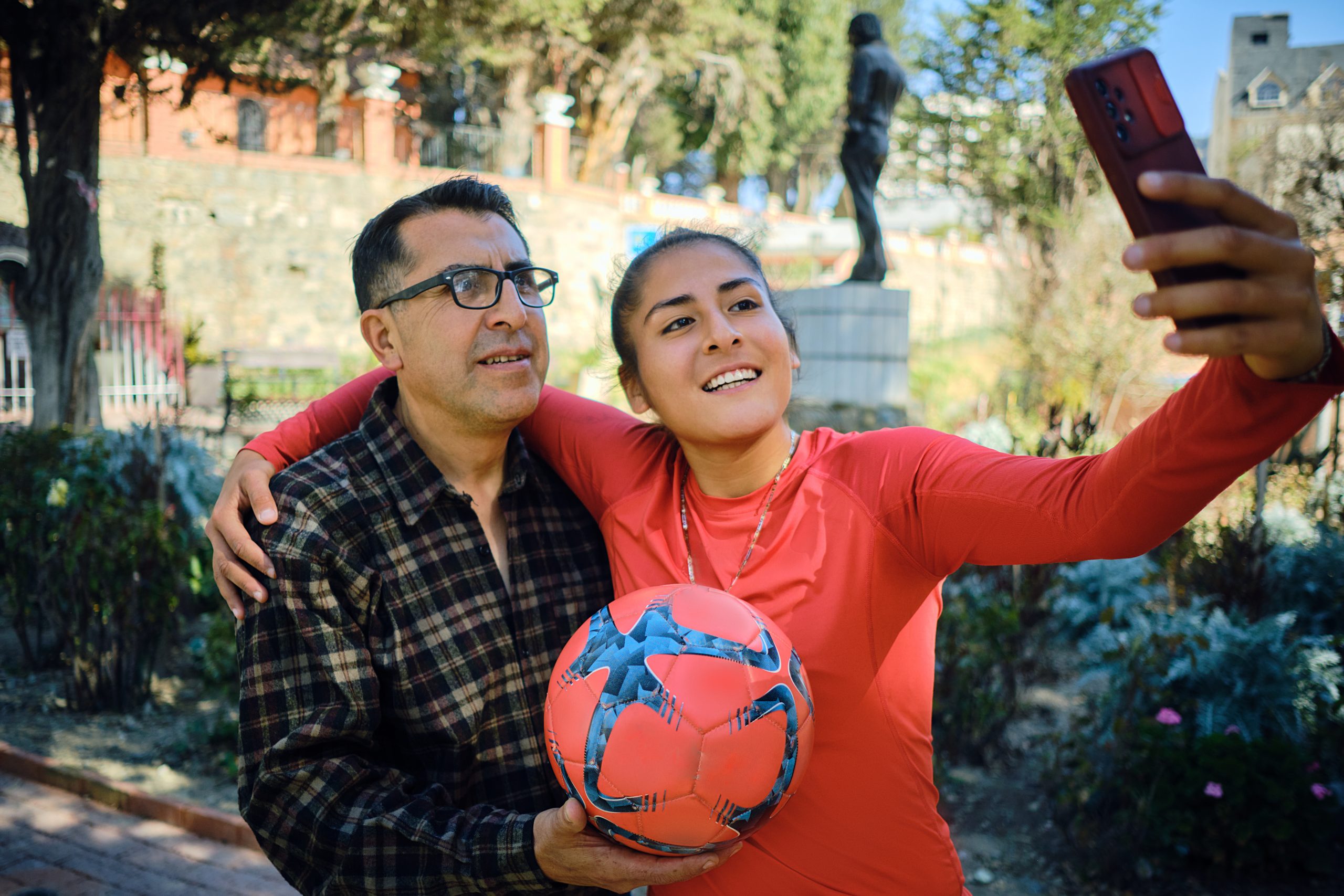Funded by Maudsley Charity’s Change Maker scheme, their latest programme promotes peer-led parenting workshops facilitated after parents have completed the Helping Families Programme and they have been discharged from the service. The events support parents to feel equipped with the necessary tools and support they need to overcome the challenges they face, without the need of another referral to specialist services.
How do the Helping Families Team support parents?
We work with parents to identify their strengths and empower them so that they can communicate, manage their emotions, and hold the needs of their children in mind in ways which may feel more helpful, containing, and safe. We have the privilege of witnessing their progress whilst they work with us. In these very difficult times it can be hard for parents to hold hope and continue to attend to their own needs in addition to the needs of their families. The team explain how this peer- led programme is bringing together parents to create opportunities for social support and connection, and empower parents to create lasting, positive changes in their lives.
What is the Change Maker Scheme?
Change Makers exists to enable staff to complete small projects that could have a big impact on the quality of life for patients. The scheme is a joint initiative between Maudsley Charity and the South London and Maudsley Trust’s Listening into Action (LiA) team. Maudsley Charity invests £100k into the scheme each year and the Listening into Action team will support staff to make applications, deliver the grants, and work with grant recipients to share the impact funding has had.
The scheme is open exclusively to staff from the South London and Maudsley. Departments can apply of grants between £200 and £2,000 to get small projects off the ground in wards and services to improve access, outcomes or experience of people with mental illness.
How did the ‘Onwards and Upwards’ programme start?
We consulted with parents that have used our service and responded to parents’ requests that they would really value the opportunity to connect with other parents with similar lived experiences and to also revisit specific parts of the parenting programme that they had found helpful. With our Change Maker award we were able to hire space and provide food and refreshments for the parents in a beautiful historic local community venue which is easily accessible and offers a quiet, calm space.
We have facilitated three Onwards and Upwards events and we are planning to hold another in the Autumn. So far, 14 parents have attended, and the group is growing in strength and numbers.
Has there been any feedback from the parents?
The parents who attended expressed how important it was that they felt heard and seen during these events. They valued the opportunity to share their experience of parenting before, during and after their time working with the Helping Families Team and felt able to speak freely and share their stories and experiences in ways which felt helpful and important for them. Parents often lack confidence to connect with others but all who attended have created connections with each other outside the events.
We kept events light and balanced. We had laughter along with tears. These events were designed to be empowering and validating for parents, delivered via a safe, nurturing environment where they could speak freely and share experiences and advice with other parents. Many of the parents that we work with are economically disadvantaged, so they really valued being cared for and feeling valued.
What do you hope for future events?
In the future, we plan to invite their families along to a family-friendly event to celebrate their progress. We hope that the Onwards and Upwards events remind parents of the importance of continuing to prioritise their own needs alongside those of their families. We know that parents who feel able to do this create very positive outcomes for their families.
















Recent Comments